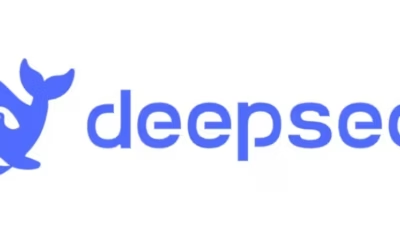Yes, the dark web. Many people think the dark web is a place filled with debauchery and illicit activities under anonymity and this is partially true. However, there is a part of the dark web where rebellions and activism take place. In some countries the citizens are not allowed to speak out against the government. These actions can lead to imprisonment or worse. In the US we are blessed that we have freedom of speech. However, lately it feels as if this speech is being threatened with retaliations occurring for disagreeing with a select few people. Will the freedom riders have to use the dark web to exercise freedom of speech? We shall see!
Brief history of the dark web.
The dark web, a hidden layer of the internet not indexed by traditional search engines, emerged from government-funded research focused on secure communications. In the mid-1990s, the U.S. Naval Research Laboratory developed The Onion Router (Tor) to protect intelligence data through anonymized web traffic. By 2002, Tor was released as open-source software, allowing the public to access the network. Over time, privacy advocates and others began creating hidden services—sites with .onion domains—for anonymous communication and information sharing. The dark web gained notoriety in 2011 with the rise of Silk Road, an illicit marketplace using Tor and Bitcoin for anonymous transactions, which was eventually shut down by the FBI in 2013. Despite associations with illegal activity, the dark web also supports whistleblowers, journalists, and activists in repressive regimes by enabling access to censored content and secure communication (Greenberg, 2014; Tor Project, n.d.; FBI, 2013).





